Warren Buffet owns a manufactured home company whose clients have not gone delinqent on their payments despite the economic hardship.
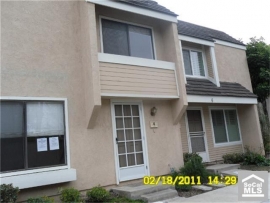

Irvine Home Address … 4 SAGE #32 Irvine, CA 92604
Resale Home Price …… $284,900

This all to mobile home
Is calling after you
Well, this all too mobile home is killing me
And there's nothing that you can do to set me free
Steely Dan — This All Too Mobile Home
Last week we discussed how Texas demonstrated that access to home equity and the desire to spend it fueled the housing bubble. Today, we are going to look at how loose lending standards and low down payments were directly responsible for the loan delinquencies leading to foreclosures.
Many market observers have contended that unemployment, not toxic mortgages, is largely responsible for the high delinquency rate. Other factors such as land use regulation have also been identifies as potential culprits. It is difficult to firmly establish that low down payments and high debt-to-income ratios are responsible for the high rates of mortgage delinquency because the same terms were available everywhere.
If we could find a group of American home buyers who did not have access to the crazy mortgage market of the bubble, then would have a basis of comparison. Fortunately, there is such a group: manufactured home buyers.
Buyers of manufactured homes generally can't get the same kind of financing as a site-built home. Most sellers of manufactured homes either provide their own financing or have relationships with shady lenders. Therefore, these buyers operate completely outside of the normal financing mechanisms that went haywire during the housing bubble. Any differences in performance between loans in these two systems should be very instructive.
Buffett’s Subprime Housing Solution
Mar. 3 2011 – 12:05 pm — Matt Schifrin
Last weekend after Berkshire Hathaway released Warren Buffett’s annual letter, there were a flurry of articles and blog posts hanging off Warren’s every word.
One part of his long letter that didn’t get a huge amount of ink was the section on Clayton homes, a big manufactured home company that Berkshire owns.
By all rights the company should be in the crapper like most of the other mobile and manufactured home companies. Palm Harbor Homes of Texas went bankrupt and is now being purchased by another troubled firm Cavco Industries. Another, Skyline Corp., has seen its market cap halved.
There is a housing depression out there and modular homes aren’t exactly flying off the shelves.
However, as you will see from the following excerpt from the Berkshire Hathaway annual letter, things are holding up fairly well at Clayton. Business is way down, but importantly Clayton’s net loss percentage of average loans has stayed low at 1.72% in 2010.

As Mr. Buffett points out, Clayton’s average buyers have low credit scores and they don’t get the same government backed benefits as buyers of “site” built homes. Clayton lends to the subprime crowd. However, unlike the cowboys employed during the housing boom by men like Angelo Mozilo of Countrywide Credit, Clayton lenders knew that their companies would be holding onto the loans they originated.
Says Warren, “If we were stupid in our lending, we were going to pay the price. That concentrates the mind.”
Here is Buffett’s excerpt on Clayton Homes:
At Clayton, we produced 23,343 homes, 47% of the industry’s total of 50,046. Contrast this to the peak year of 1998, when 372,843 homes were manufactured. (We then had an industry share of 8%.) Sales would have been terrible last year under any circumstances, but the financing problems I commented upon in the 2009 report continue to exacerbate the distress.
To explain: Home-financing policies of our government, expressed through the loans found acceptable by FHA, Freddie Mac and Fannie Mae, favor site-built homes and work to negate the price advantage that manufactured homes offer.
We finance more manufactured-home buyers than any other company. Our experience, therefore, should be instructive to those parties preparing to overhaul our country’s home-loan practices. Let’s take a look.
Clayton owns 200,804 mortgages that it originated. (It also has some mortgage portfolios that it purchased.) At the origination of these contracts, the average FICO score of our borrowers was 648, and 47% were 640 or below. Your banker will tell you that people with such scores are generally regarded as questionable credits.
Nevertheless, our portfolio has performed well during conditions of stress. Here’s our loss experience during the last five years for originated loans:
Year Net Losses as a Percentage of Average Loans
2006 . . . . . . . . . . . . . . . . . . . . . . . . . . . . . . 1.53%
2007 . . . . . . . . . . . . . . . . . . . . . . . . . . . . . . 1.27%
2008 . . . . . . . . . . . . . . . . . . . . . . . . . . . . . . 1.17%
2009 . . . . . . . . . . . . . . . . . . . . . . . . . . . . . . 1.86%
2010 . . . . . . . . . . . . . . . . . . . . . . . . . . . . . . 1.72%
Our borrowers get in trouble when they lose their jobs, have health problems, get divorced, etc. The recession has hit them hard. But they want to stay in their homes, and generally they borrowed sensible amounts in relation to their income.
Prior to when housing markets were a Ponzi scheme, lenders used to have conservative guidelines for down payments and debt-to-income ratios. Lenders knew that if there was some financial distress in the family that there was enough margin for distress that most would keep making their payments. Warren Buffet's experience with Clayton Homes demonstrates the wisdom of this approach.
Look at the low default rates and losses associated with Buffet's lending. These were subprime borrowers who went through the Great Recession, and their default rates remain under 2%. Considering the default rate on site-built homes using so-called financial innovation is near 10%, it's fair to say that Warren Buffet's underwriting standards were much better. Why is that?
In addition, we were keeping the originated mortgages for our own account, which means we were not securitizing or otherwise reselling them. If we were stupid in our lending, we were going to pay the price. That concentrates the mind.
So if there is risk of loss, lenders take lending more seriously. Hmmm… Despite the common-sense nature of this idea, the lending industry has strongly resisted the Dodd-Frank requirement of keeping 5% of the loans they originate on their books. These fools are worried about the losses on 5% of their portfolio while Warren Buffet is retaining 100% of his.
If home buyers throughout the country had behaved like our buyers, America would not have had the crisis that it did. Our approach was simply to get a meaningful down-payment and gear fixed monthly payments to a sensible percentage of income. This policy kept Clayton solvent and also kept buyers in their homes.
Warren Buffet is right. Higher down payment requirements and debt-to-income values at less than 31% (28% is better) results in fewer loan delinquencies and foreclosures. It really is that simple.
Home ownership makes sense for most Americans, particularly at today’s lower prices and bargain interest rates. All things considered, the third best investment I ever made was the purchase of my home, though I would have made far more money had I instead rented and used the purchase money to buy stocks. (The two best investments were wedding rings.) For the $31,500 I paid for our house, my family and I gained 52 years of terrific memories with more to come.
But a house can be a nightmare if the buyer’s eyes are bigger than his wallet and if a lender – often protected by a government guarantee – facilitates his fantasy. Our country’s social goal should not be to put families into the house of their dreams, but rather to put them into a house they can afford.
To read Berkshire Hathaway’s 2010 shareholder letter click here.
Doesn't it make sense that higher down payment requirements and lower debt-to-income ratios makes for a more stable housing market? The more equity people have, the less likely they are to go underwater and consider strategic default. The lower the debt-to-income ratio, the easier it is for borrowers to make payments, particularly during times of financial distress.
Of course, stricter underwriting standards means we will issue fewer loans and seller fewer houses at lower prices. Few in the real estate community want that, so the pressure will remain to lower standards and inflate another housing bubble in under the guise of increasing affordability. Warren Buffet proved that larger down payments and tighter lending standards are a more viable long-term business strategy.
Livin' Large
The owner of today's featured property spent every penny of his free money the moment it materialized. This guy had his mortgage broker on speed dial.
- He paid $275,000 on 12/11/2002. Prices were too high then, but they were to go much higher. The owner used a $247,500 first mortgage and a $27,500 down payment.
- On 12/11/2003 he refinanced with a $253,000 first mortgage.
- On 6/11/2004 he refinanced with a $332,000 first mortgage.
- On 3/18/2005 he refinanced with a $368,000 first mortgage.
- On 4/28/2006 he refinanced with a $404,000 first mortgage and a $50,500 HELOC.
-
Total property debt is $454,500, assuming he maxed out the HELOC. Don't you think he did?

- Total mortgage equity withdrawal is $207,000. That's a huge take over a three and a half year period, almost $5,000 per month. No taxes, all cash.
He must have had a good time.
Foreclosure Record
Recording Date: 01/18/2011
Document Type: Notice of Sale
Foreclosure Record
Recording Date: 10/18/2010
Document Type: Notice of Default


Irvine Home Address … 4 SAGE #32 Irvine, CA 92604 ![]()
Resale Home Price … $284,900
Home Purchase Price … $275,000
Home Purchase Date …. 12/11/2002
Net Gain (Loss) ………. $(7,194)
Percent Change ………. -2.6%
Annual Appreciation … 0.4%
Cost of Ownership
————————————————-
$284,900 ………. Asking Price
$9,972 ………. 3.5% Down FHA Financing
4.85% …………… Mortgage Interest Rate
$274,929 ………. 30-Year Mortgage
$57,988 ………. Income Requirement
$1,451 ………. Monthly Mortgage Payment
$247 ………. Property Tax
$0 ………. Special Taxes and Levies (Mello Roos)
$47 ………. Homeowners Insurance
$277 ………. Homeowners Association Fees
============================================.jpg)
$2,022 ………. Monthly Cash Outlays
-$136 ………. Tax Savings (% of Interest and Property Tax)
-$340 ………. Equity Hidden in Payment
$19 ………. Lost Income to Down Payment (net of taxes)
$36 ………. Maintenance and Replacement Reserves
============================================
$1,601 ………. Monthly Cost of Ownership
Cash Acquisition Demands
——————————————————————————
$2,849 ………. Furnishing and Move In @1%
$2,849 ………. Closing Costs @1%
$2,749 ………… Interest Points @1% of Loan
$9,972 ………. Down Payment
============================================
$18,419 ………. Total Cash Costs
$24,500 ………… Emergency Cash Reserves
============================================
$42,919 ………. Total Savings Needed
Property Details for 4 SAGE #32 Irvine, CA 92604
—————————————————————————— 
Beds: 3
Baths: 2
Sq. Ft.: 1123
$254/SF
Lot Size: –
Property Type: Residential, Condominium
Style: Two Level, Traditional
Year Built: 1976
Community: Woodbridge
County: Orange
MLS#: P771720
Source: SoCalMLS
Status: Active
On Redfin: 1 day
——————————————————————————
FANTASTIC BUY ON THIS 3 BR 1.5 BA TOWNHOME VALUE PRICED FOR QUICK SALE! TILE ENTRY, FORCED AIR HEATING, OPEN & BRIGHT KITCHEN WITH GRANITE COUNTERTOPS AND NEWER MAPLE CABINETS, SEPARATE LAUNDRY ROOM, NEWER SLIDING DOOR IN DINING AREA, PRIVATE PATIO, GOOD SIZE BEDROOMS, AND CARPORT. SUPER MOTIVATED SELLER. SUBMIT!!!

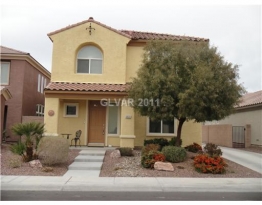


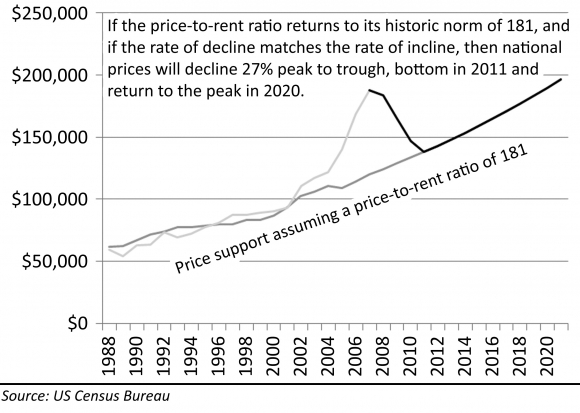
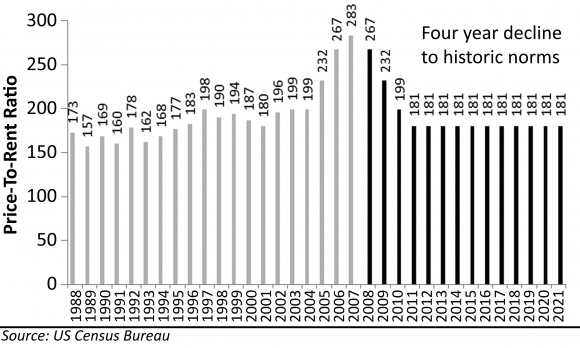



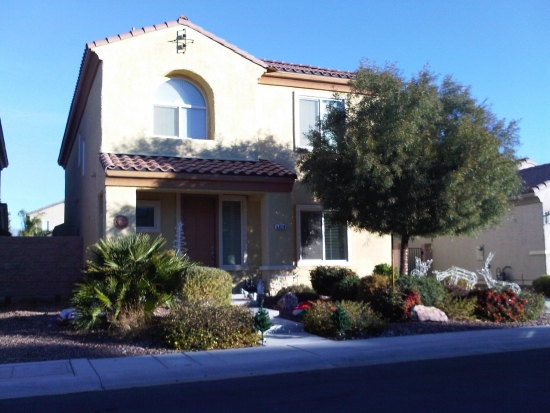






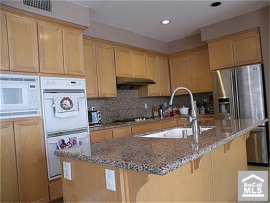






 Beyond the inflammatory nature of that remark it is also completely thoughtless.
Beyond the inflammatory nature of that remark it is also completely thoughtless.



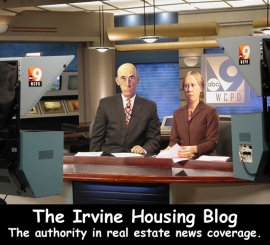
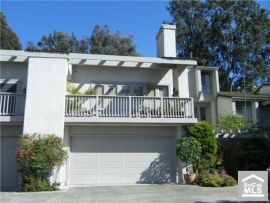
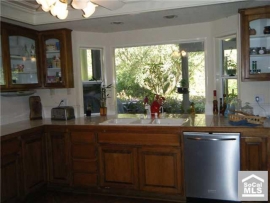

















.jpg)


